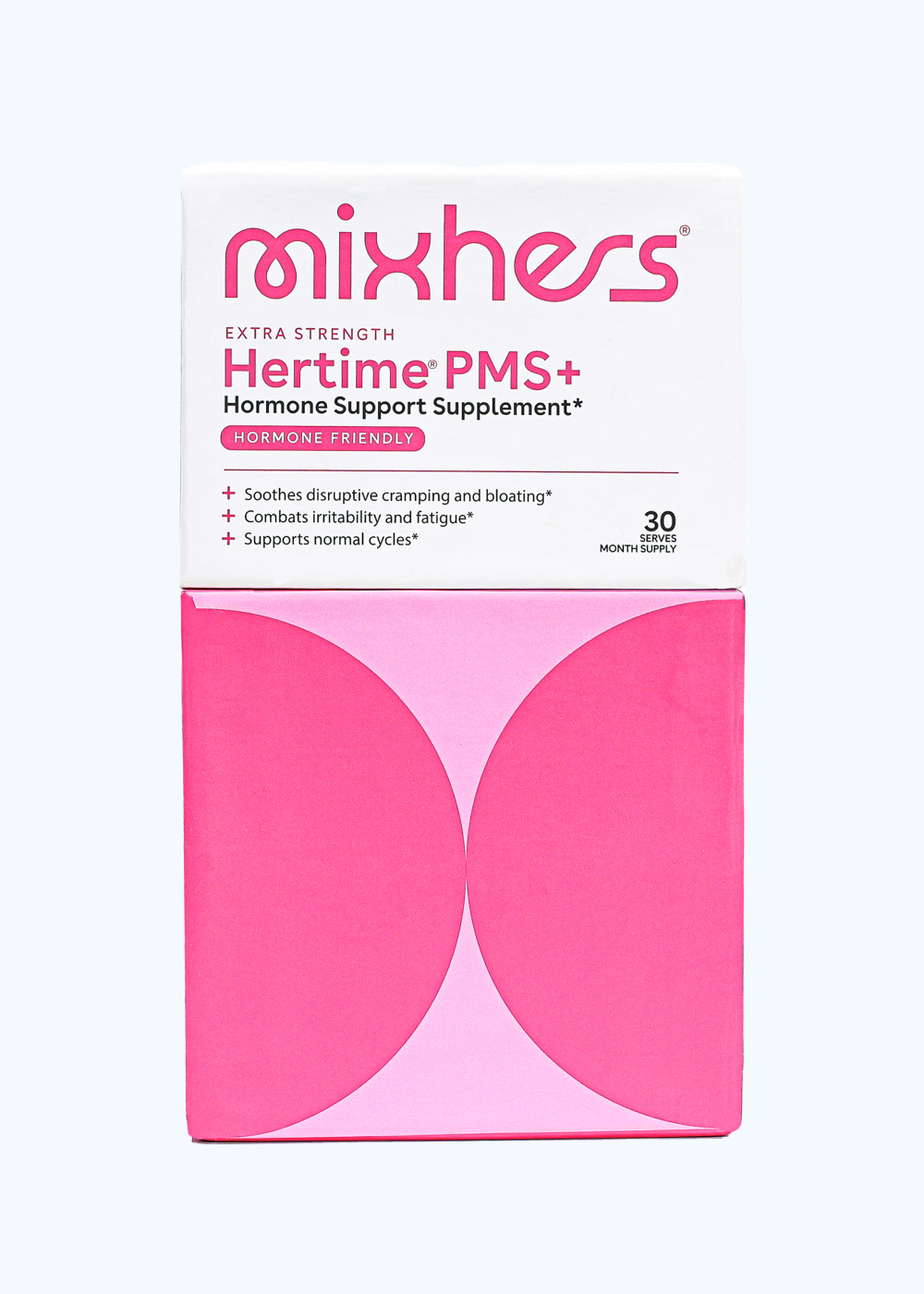The types of discharge you experience can vary based on your hormone levels, the phase of your menstrual cycle, or other factors affecting your vaginal area. Hormones like estrogen and progesterone influence the color, thickness, and amount of discharge your body produces. Understanding the different types of discharge can help you recognize what’s normal and what might require attention.
White Discharge:
This is common at the beginning or end of your menstrual cycle. It’s normal to notice white discharge up to 14 days before your period, typically caused by higher progesterone levels during the luteal phase.
In early pregnancy, white or milky secretions known as leukorrhea are common, indicating your body’s effort to protect a growing baby. However, if abnormal discharge happens and it becomes thick, smelly, or resembles cottage cheese, it may be a sign of candidiasis, also called a vaginal yeast infection. This condition often cause discharge to itch and requires treatment from a healthcare provider.
Clear Discharge:
Clear discharge before periods is typically linked to ovulation. During this phase, cervical mucus often becomes clear, slippery, and stretchy due to increased estrogen. This fertile discharge is a sign that your ovaries are releasing an egg, making this the ideal time to conceive. If pelvic pain or other symptoms accompany this discharge, it could indicate ovulation or an underlying condition needing medical attention.
Yellow Discharge:
Pale-yellow discharge may indicate early pregnancy or hormonal changes, especially if accompanied by a missed period. However, a strong, foul-smelling yellow secretion could be a sign of an infection like chlamydia or gonorrhea. If the discharge is frothy, chunky, or causes irritation in the genital area, seek medical advice promptly to ensure your reproductive health remains protected.
Green Discharge:
Green secretions are typically abnormal and often point to infections, such as trichomoniasis or bacterial vaginosis. These are frequently accompanied by itching, burning, or discomfort in the vaginal area. Infections affecting the fallopian tubes or other parts of the reproductive system, such as pelvic inflammatory disease (PID), may also cause green discharge and require urgent medical attention.
Brown Discharge:
Brown discharge is usually old blood leaving the body and is a normal part of the menstrual cycle for many women. It often occurs one to two weeks before or after menstruation. However, persistent or unusual brown discharge may signal a more serious health issue, such as cervical or endometrial cancer, or a fibroid in the uterus. Regular pelvic exams can help detect these rare but concerning conditions early.
If you’re concerned about any type of discharge, including changes in the amount or cause of discharge, remember that there’s no reason to feel embarrassed. Gynecologists are trained to handle all aspects of women’s health and can help identify issues like infections or more serious conditions, ensuring timely and effective treatment.












